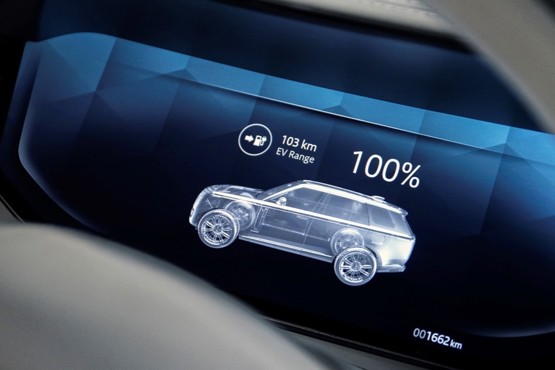Jaguar Land Rover (JLR) has reported rising demand for its plug-in hybrid (PHEV) models with global retail sales for the first half of the financial year to September, up 29% from last year.
Within the Range Rover lineup, global PHEV sales surged by 47% in the first half, while plug-in hybrid Defender sales rose by 23% compared to the same period last year.
This growth builds on a year-on-year increase of 59% in global PHEV sales for FY24 versus FY23, with new Range Rover plug-in hybrid sales nearly doubling over the same timeframe.
The Modular Longitudinal Architecture (MLA), which underpins the Range Rover and Range Rover Sport options means that internal combustion engine (ICE), plug-in electric hybrid (PHEV), and soon, battery electric vehicle (BEV) powertrain options will be available well into the next decade.
JLR said it currently has a waiting list of over 48,000 customers for its all-electric Range Rover, the first in its lineup of zero-emission electric vehicles.
The car maker is making a major £500 million investment to transform its Halewood plant into a state-of-the-art facility that will initially produce all powertrain types simultaneously before eventually becoming JLR’s first all-electric production facility.
Mark Camilleri, director of electrification services said: “Demand is growing for our plug-in electric hybrid models as customers become more accustomed to electrification. PHEVs offer performance, fuel economy and low emissions, with zero emissions while driving in pure electric mode.
“They also give clients the opportunity to adapt to a new ownership experience, including home and public charging, ahead of the launch of our next generation fully electric vehicles.
“JLR is able to offer a range of fuel options to meet the energy transition dynamics of each market, and we will offer a pure electric variant of each nameplate by 2030 with the aim of reaching carbon net zero by 2039.”
JLR has confirmed earlier this year that it was ditching five Jaguar models from its lineup next year due to their lack of profitability. Additionally, production of the E-Pace and I-Pace will cease at Magna’s factory in Austria by the end of the year.
The only model that will continue to be produced is the F-Pace, which will remain in production until it too ceases in 2025.

